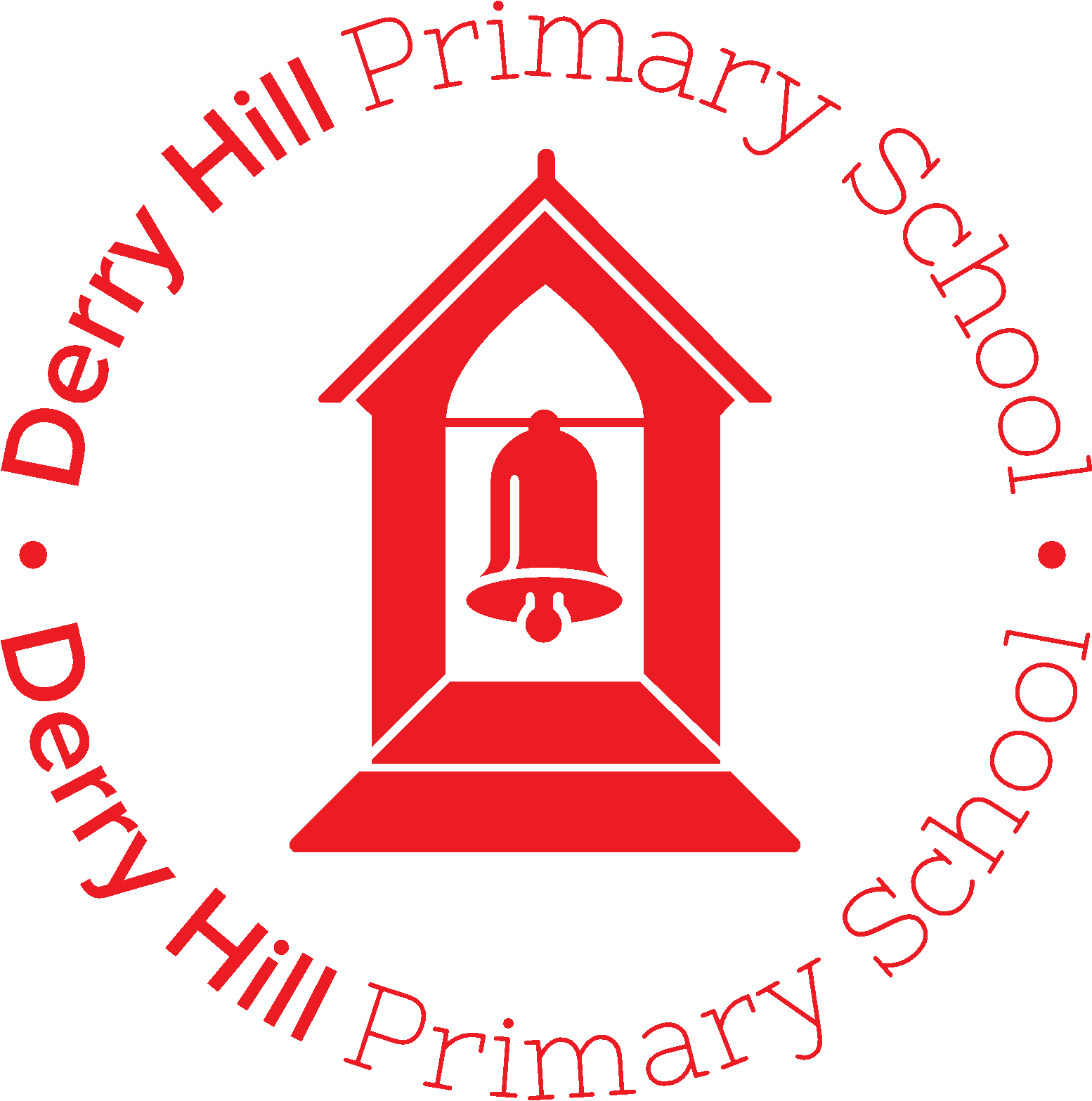Music
Intent
The National Curriculum for music aims to ensure that all pupils:
- Perform, listen to, review and evaluate music
- Be taught to sing, create and compose music
- Understand and explore how music is created, produced and communicated.
At Derry Hill School we provide children with a firm understanding of what music is through listening, singing, playing, evaluating, analysing, and composing across a wide variety of historical periods, styles, traditions, and musical genres. Our objective at Derry Hill School is to develop a curiosity for the subject, as well as an understanding and acceptance of the validity and importance of all types of music, and an unbiased respect for the role that music may wish to be expressed in any person’s life. We are committed to ensuring children understand the value and importance of music in the wider community, and are able to use their musical skills, knowledge, and experiences to involve themselves in music, in a variety of different contexts.
Implementation
At Derry Hill we follow our own programme of study, which links with the topics being studied by the class in each particular term. This might be the main class topic, or might pick up on another subject in the curriculum, such as RE. The programme of study is informed by the Model Music Curriculum for KS1 and KS2, which is published by the Department of Education.
The music curriculum ensures students sing, listen, play, perform, compose and evaluate. This is embedded in the classroom activities as well as the weekly singing assemblies, various performances and the learning of instruments. The elements of music are taught in classroom lessons so that children are able to use the language of music to discuss and evaluate it, as well as understanding how it is made and played. They are encouraged to use musical terminology to describe the music they hear and make, as well as learning how to record and read music in different forms of notation.
In the classroom students have the opportunity to play a variety of instruments, including their voice, glockenspiels and ukuleles. In doing so, they learn to understand the different methods of creating notes or pitches, as well as imitating and creating rhythmic patterns. They also learn how to compose, focusing on different dimensions of music, which in turn feeds their understanding when listening, playing, or analysing music. Composing or performing using body percussion and vocal sounds is also part of the curriculum, which develops the understanding of musical elements without the added complexity of an instrument.
Currently, a peripatetic teacher provides the opportunity for children to undertake guitar lessons, whilst Rock Steady offers children the chance to experience performing in a band.
Impact
Whilst in school, children have access to a varied programme, which allows students to discover areas of strength, as well as areas they might like to improve upon. The integral nature of music and the learner creates an enormously rich palette from which a student may access fundamental abilities such as: achievement, self-confidence, interaction with and awareness of others, and self-reflection. Music will also develop an understanding of their own culture and history, as well as ethnicities from across the world, as children study music from India, China, Africa and South America within the curriculum. Children are able to enjoy music in as many ways as they choose: either as listener, creator or performer. They can listen to music with understanding and recognise its parts. They can sing and feel a pulse. They can perform with confidence, and have the basic knowledge to develop these skills further in the future.
If you would like to find about more about our Music curriculum please feel free to speak to Mrs Asfaw who is the subject leader for music across school.
